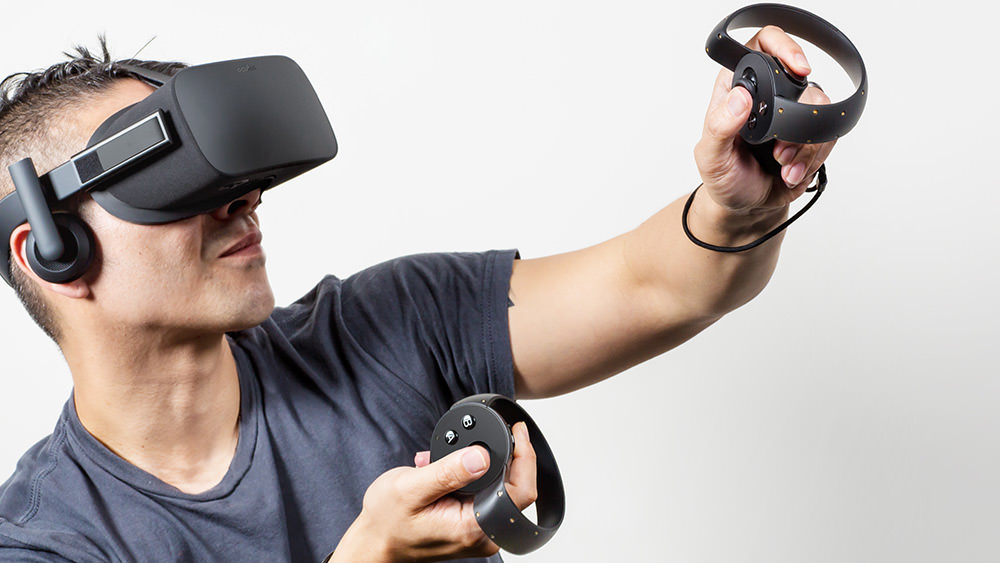As exciting as the prospect of virtual reality is, the technology hasn’t quite reached the mainstream for a variety of reasons. Price is chief among them, as a consumer not only needs to purchase a $400-$600 VR rig, but need a computer or a gaming console that can actually run VR games in the first place. But even if VR headsets were affordable, they’re still generally bulky, unwieldy and unattractive devices.
Facebook already addressed the first issue by slashing the price of the Oculus Rift and Touch bundle to $399, but according to Bloomberg, it won’t be long before it addresses the second issue as well.
People familiar with Facebook’s plans tell Bloomberg that the social media company is planning to unveil a cheaper, wireless Oculus VR headset before the end of the year. The standalone device is designed to bridge the gap between affordable headsets like the Gear VR and the high-end headsets like the HTC Vive and Oculus Rift, selling for as little as $200 and operating completely independently.
Carrying the codename “Pacific,” the new headset is said to look like “a more compact version of the Rift,” while weighing even less than the Gear VR. In theory, a user will be able to pull the device out anywhere, at any time, and begin viewing VR content without having to connect to a phone or a computer.
“We don’t have a product to unveil at this time, however we can confirm we’re making several significant technology investments in the standalone VR category,” Oculus spokesman Alan Cooper said in an emailed statement to Bloomberg regarding the report.
In addition to a cheaper price point, Facebook’s standalone headset will also have an interface similar to that of Samsung’s Gear VR, which can be controlled with a wireless remote. The device is expected to be powered by one of Qualcomm’s Snapdragon chips, which will make it more powerful than the Gear VR. That said, it still won’t be able to perform positional tracking, which means you won’t be able to walk around a room with the headset on and expect it to know you’re in motion.
The “Pacific” VR headset is expected to ship for around $200 at some point in 2018, though Facebook will begin meeting with content makers by October to give them a chance to begin development.








